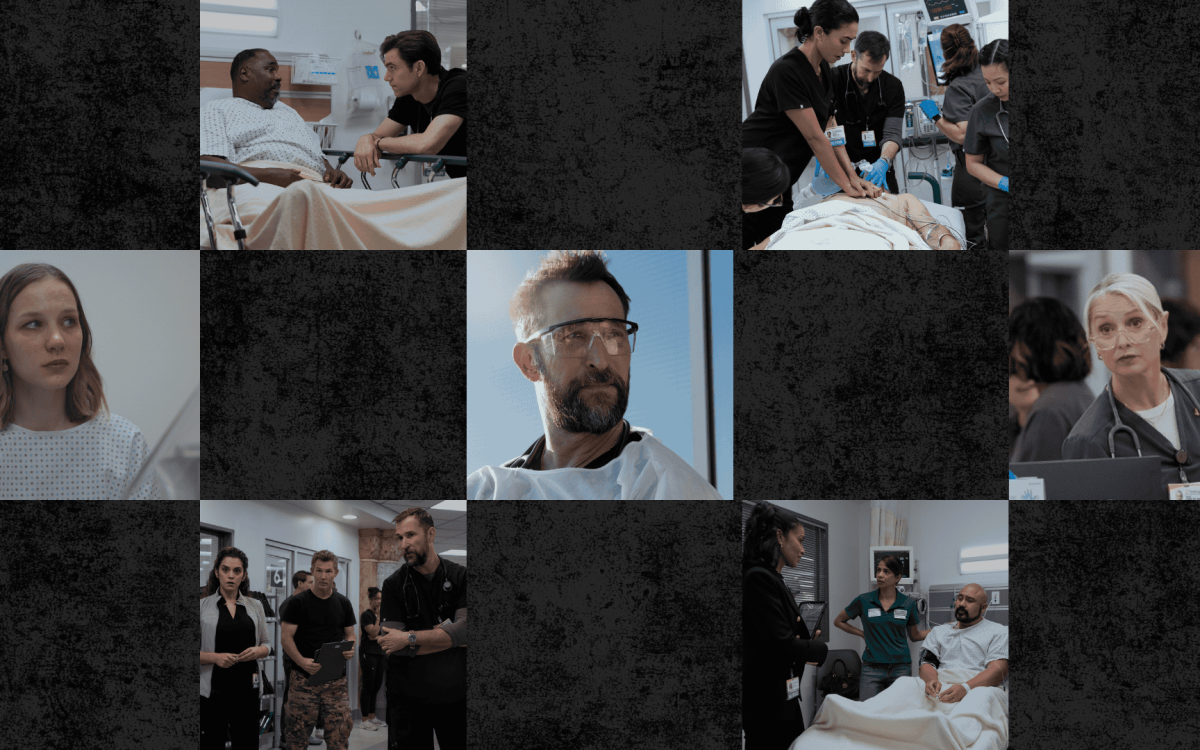Researcher studies effects of terrorist attacks on office workers near WTC site
More than 40 percent in study knew someone who was killed or injured
Since 1971, the National Institute for Occupational Safety and Health has conducted 1,200 investigations into indoor air. Last fall, the agency undertook an investigation unlike all the others. Aided by a Harvard School of Public Health scientist, Ashok Nimgade, a NIOSH research team evaluated the physical and mental health problems of office workers near “ground zero” of the World Trade Center attacks in New York City. The study revealed that workers who reported higher stress and depression levels were also more likely to report physical symptoms, such as coughing and skin irritations. The study also revealed that workers who expressed their feelings to confidantes were less likely to have physical complaints. “It was an honor to work on the first civilian study to emerge from the World Trade Center tragedy,” said Nimgade. “If civilians respond in the way they did after the Oklahoma City bombing, we can expect a marked drop off in stress and depressive disorders over the months to come. On the other hand, if ongoing terrorist threats provide cogent reminders of the attacks -– as in the case of tremors for earthquake survivors –- we might expect persisting intrusive symptoms such as flashbacks and vivid recurring dreams.”





